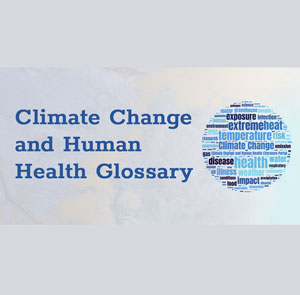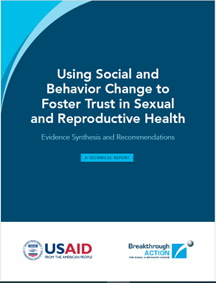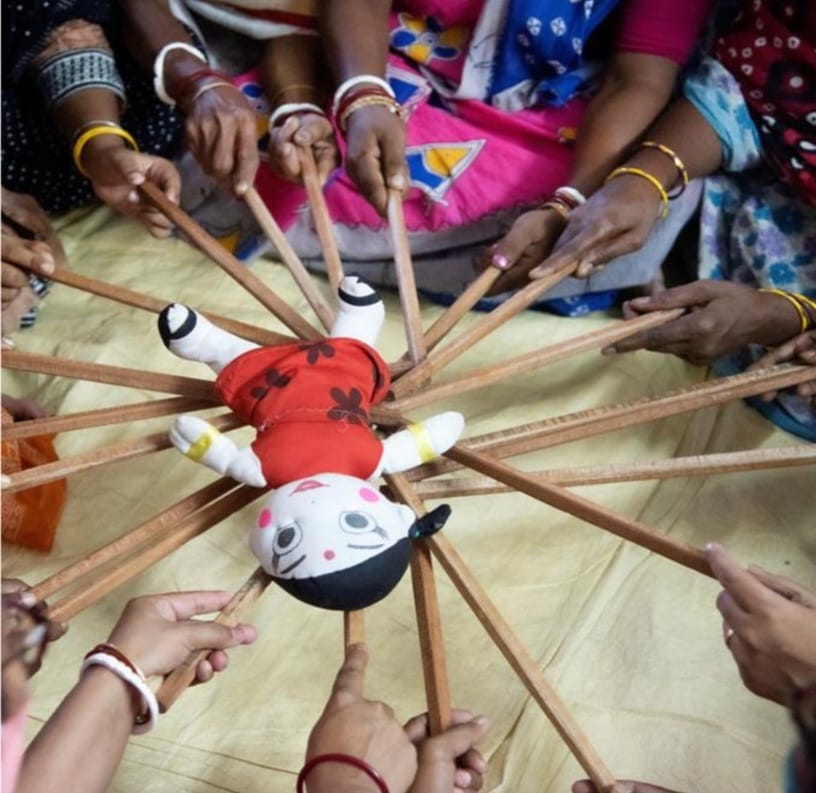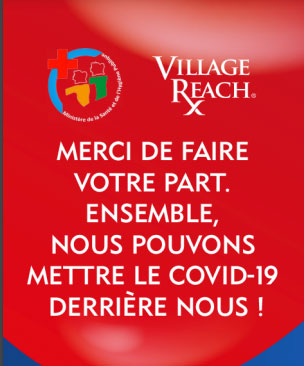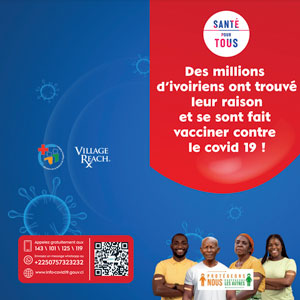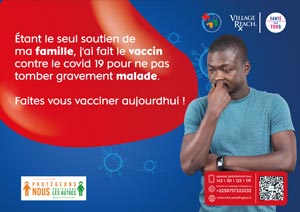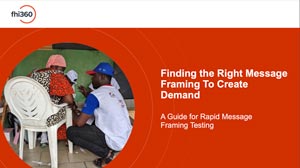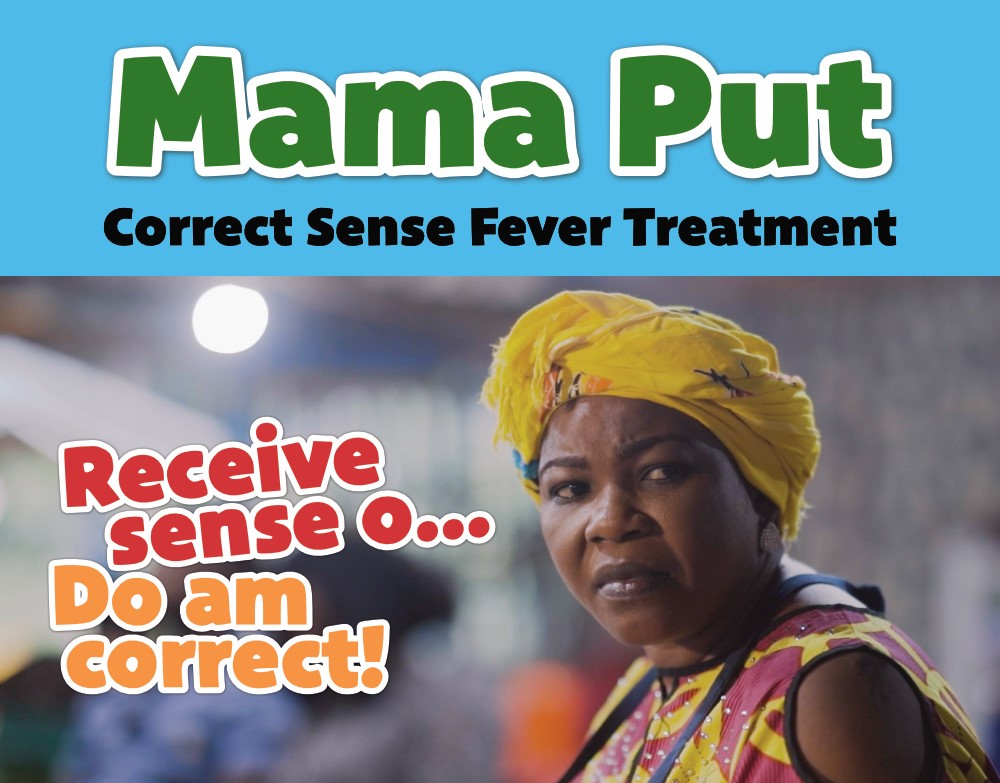Rumor Tracking and Infodemic Management in Public Health Emergencies
The overabundance of health information—including rumors and misinformation on and offline—has been a growing challenge across the world. This situation, called an infodemic, requires public health officials and health providers to work even harder to provide the public with accurate, up-to-date information.
This course is intended for risk communication and community engagement program implementers and other professionals working to identify and respond to emerging rumors. It offers an overview of the theory and practice of creating an infodemic management system, including step-by-step instructions, case studies, and links to additional tools. Participants will learn key definitions, consider how to conduct an infodemic landscaping analysis, and select sources of rumor data. The course modules also cover a variety of analysis techniques, strategies for addressing misinformation, and considerations for monitoring and evaluating infodemic management efforts.
La surabondance d’informations sur la santé – y compris les rumeurs et la désinformation en ligne et hors ligne – est un problème croissant dans le monde entier. Cette situation, appelée infodémie, oblige les responsables de la santé publique et les professionnels de la santé à redoubler d’efforts pour fournir au public des informations exactes et actualisées.
Ce cours s’adresse aux responsables de la mise en œuvre des programmes de communication des risques et d’engagement communautaire, ainsi qu’à d’autres professionnels du monde entier qui s’efforcent d’identifier les rumeurs émergentes et d’y répondre. Le cours offre une vue d’ensemble de la théorie et de la pratique de la création d’un système de gestion de l’infodémie, y compris des instructions étape par étape, des études de cas et des liens vers des outils supplémentaires. Les participants apprendront les définitions clés, étudieront la manière de mener une analyse paysagère de l’infodémie et sélectionneront des sources de données sur les rumeurs. Les modules couvrent également une variété de techniques d’analyse, des stratégies pour lutter contre la désinformation et des considérations pour le suivi et l’évaluation de la gestion des infodémies.
Last modified: October 2, 2023
Language: English, French
Source: Johns Hopkins Center for Communication Programs
Year of Publication: 2023

